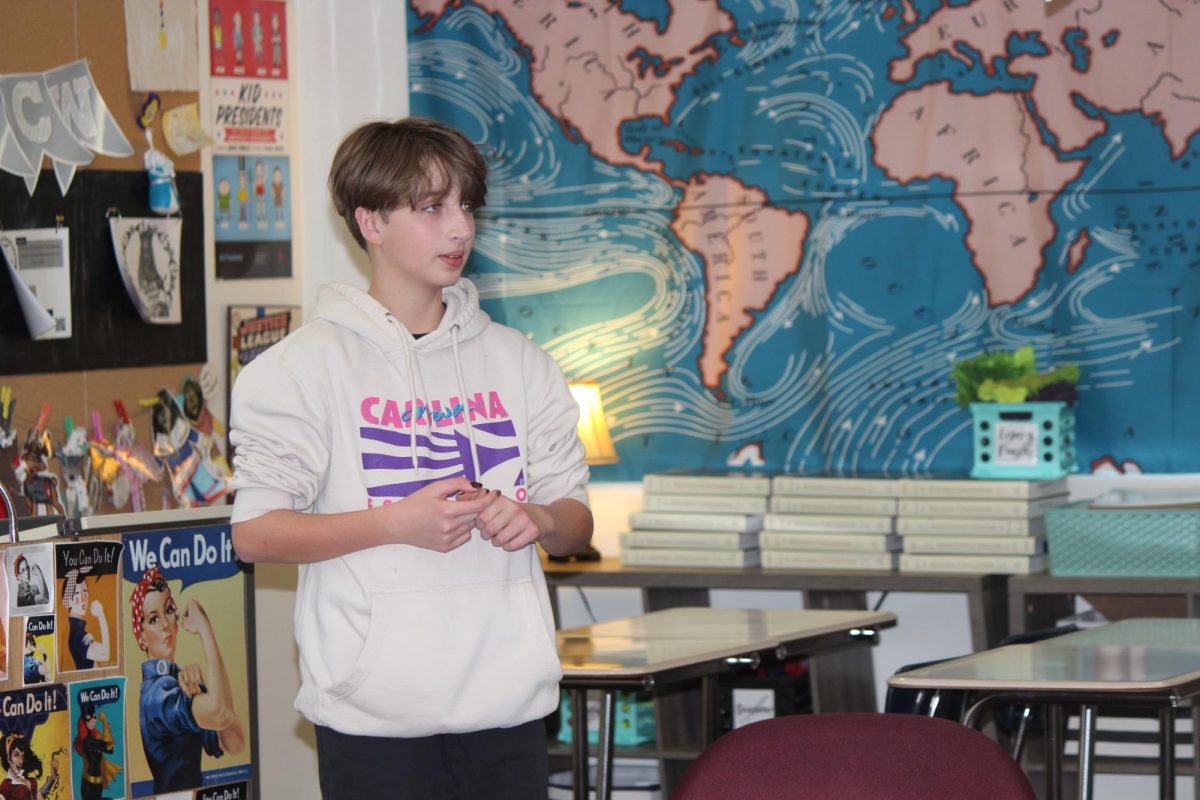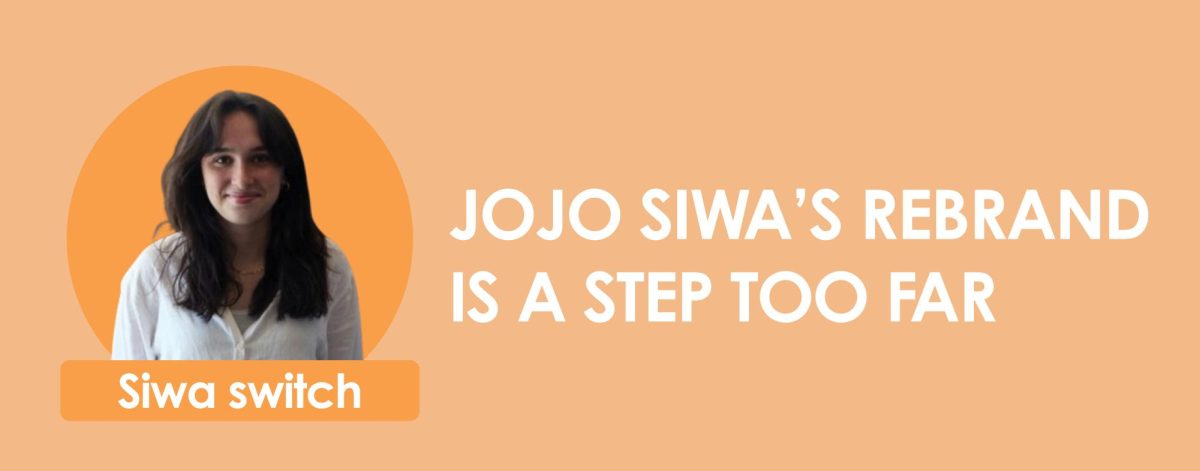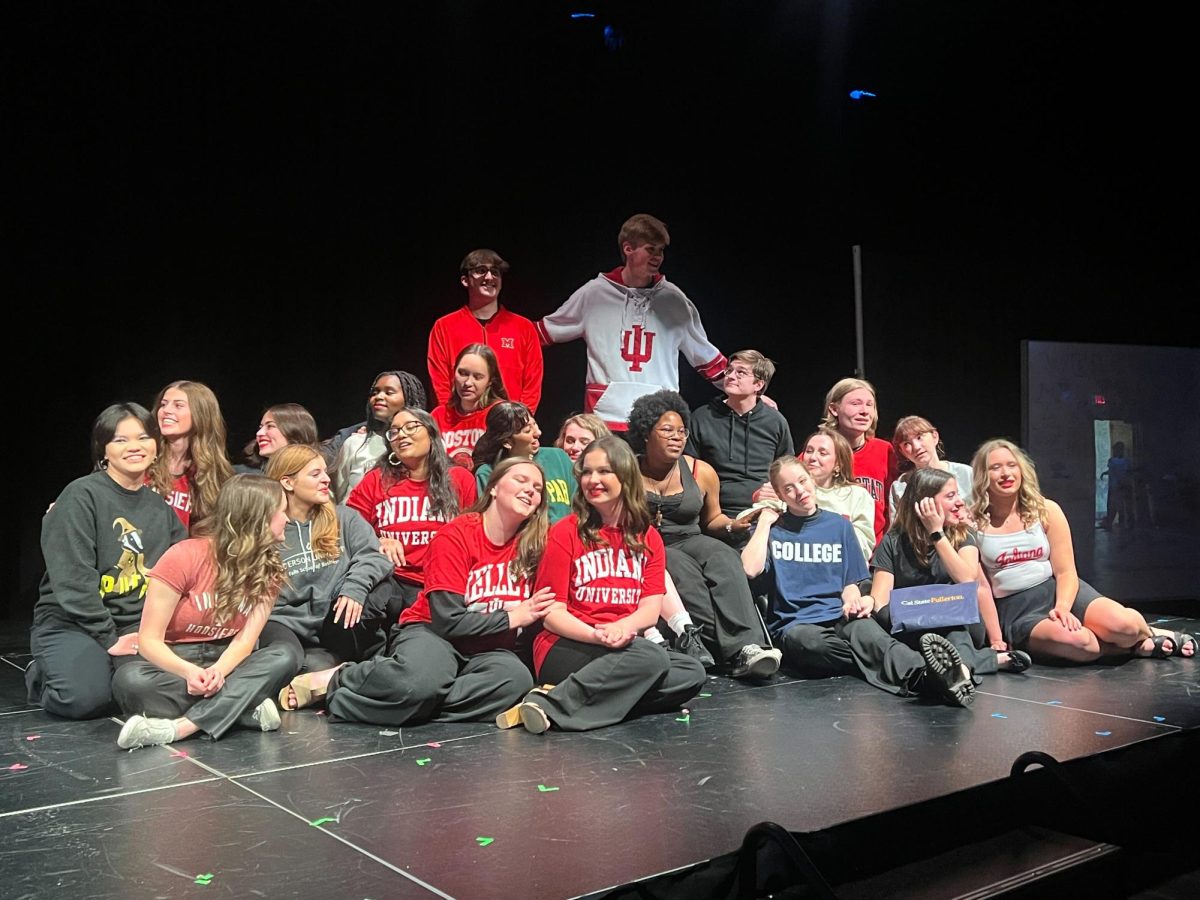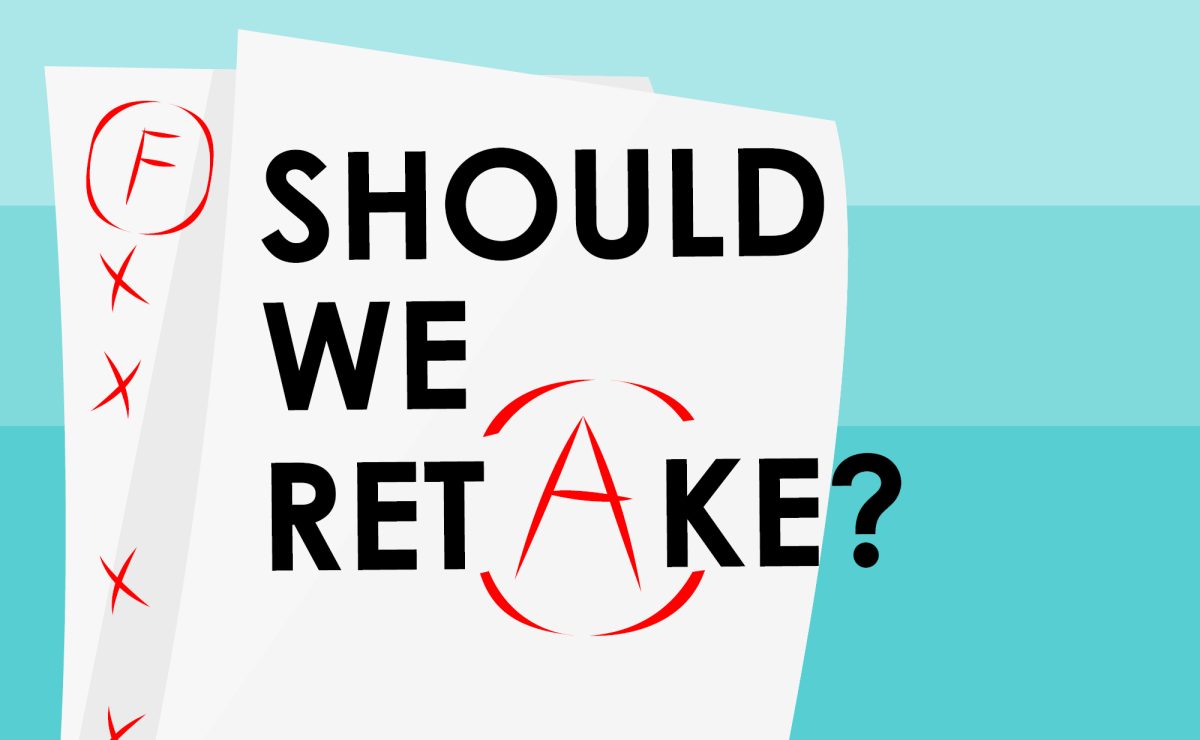By Brittani Wheeler
<[email protected]>
This weekend I took a time machine back to freshman year as I jostled through old papers in search of previous school schedules, awards and odds and ends for college applications. I stumbled upon old notes and began to rifle through them, enjoying looking at the grades I had received and marveling at the random information I had memorized in previous years. Included in that stack were notes that I had taken during my Newspaper I class over the lecture on libel.
Glancing over the notes, the paper began with the definition of libel as written falsehood and continued to go into depth on specific cases of large-scale offenses such as the one committed by The New Republic’s former reporter, Steven Glass. While Glass didn’t commit libel by definition (as it’s hard to lie if the entire character is fabricated), the well-respected newspaper’s reputation was tarnished when Glass chose to fabricate stories by creating sources, quotes and situations. The fact-checkers on the paper failed to follow up on any information in his stories and left its unsuspecting readership vulnerable to fall for the “true” tall tales.
Once lost, this full credibility never returned. The paper may not have gained back its credibility, but it did get more media as this story made it to the big screen. Although this much recognition may have been a dream come true for Glass, who seemed to like seeing his name attached to a byline, it is not the way that I would prefer to go down in history.
After working as first and foremost a reporter, then a page editor and now a managing editor on the HiLite, I know that we always strive for accuracy on our paper. This goal stated; I learned my lesson on the importance of accuracy early. As a sophomore reporter, I interviewed a source, celebrity Jacob Lloyd ‘08 (cast in “Star Wars” and “Jingle All the Way”), who decided that it would be amusing to make up a false name, Matt Riley, when being interviewed. A naïve new reporter, I accepted his name was as he said and when his name did not appear on the name list, I assumed that he was a new student not included in the list. Furthermore, no one checked the facts and the staff figured it out after it printed through one of our safety measures of source questionnaires.
The yellow source questionaire we send to all sources came back with no writing besides the fact that there was no person enrolled here with that name. Everyone on staff associated with that page lost points, but the problem started with me. It was an embarrassment to have my byline printed with false information under it. For our readers, we tried to rectify the problem by printing a correction in the next issue. But the damage had been done. The credibility of our publication had already been tarnished because of something I did. That glaring correction box will always remain on the front page to be seen. While I didn’t enjoy the lesson at the time, I learned the hard way that if you take shortcuts as I did, you not only affect yourself, but you alsohurt others around you.
The theme of journalistic credibility falls into a much larger picture of personal integrity. During my sophomore honors English class, my teacher gave the class a research paper forewarning us that if we plagiarized, we would fail. About a month later, we turned in the lengthy draft for the final time to be graded. I was relieved to finally be done, as hours of painstaking citation had kept me up on many long nights. Finally she passed back the graded paper and down-cast eyes looked at the sheet with increasingly angry looks. The students proceeded to complain about their dismal grades and wondered why it was so wrong to cite incorrectly.
But the teacher was right; plagarism is a big deal. It is vital for students to understand that the problem starts at a research paper and can progress from sounding innocent to something far more sinister. Glass himself, in an interview for “60 Minutes” said his fabrication started small-a quote here or there-and ended in full-blown “whoppers,” as he said. Not giving credit where credit is due and fabrication of information fall hand in hand. The decisions that students make now, in other words, reflect who we will become in the future.
The decision to be responsible now is the only option. It’s a tough lesson to learn but an important one. I learned mine. I’m not sure if Stephen Glass will ever learn his.





















































![Review: “Suits” is a perfect blend of legal drama and humor [MUSE]](https://hilite.org/wp-content/uploads/2024/04/unnamed-1.png)
![Chelsea Meng on her Instagram-run bracelet shop [Biz Buzz]](https://hilite.org/wp-content/uploads/2024/04/IMG_2446-1200x838.jpg)
![Review: Quiet on Set: The Dark Side of Kids TV is the long awaited exposé of pedophilia within the children’s entertainment industry [MUSE]](https://hilite.org/wp-content/uploads/2024/04/unnamed.jpg)
![Review: “The Iron Claw” cannot get enough praise [MUSE]](https://hilite.org/wp-content/uploads/2024/04/unnamed.png)
![Review: “The Bear” sets an unbelievably high bar for future comedy shows [MUSE]](https://hilite.org/wp-content/uploads/2024/03/unnamed.png)
![Review in Print: Maripaz Villar brings a delightfully unique style to the world of WEBTOON [MUSE]](https://hilite.org/wp-content/uploads/2023/12/maripazcover-1200x960.jpg)
![Review: “The Sword of Kaigen” is a masterpiece [MUSE]](https://hilite.org/wp-content/uploads/2023/11/Screenshot-2023-11-26-201051.png)
![Review: Gateron Oil Kings, great linear switches, okay price [MUSE]](https://hilite.org/wp-content/uploads/2023/11/Screenshot-2023-11-26-200553.png)
![Review: “A Haunting in Venice” is a significant improvement from other Agatha Christie adaptations [MUSE]](https://hilite.org/wp-content/uploads/2023/11/e7ee2938a6d422669771bce6d8088521.jpg)
![Review: A Thanksgiving story from elementary school, still just as interesting [MUSE]](https://hilite.org/wp-content/uploads/2023/11/Screenshot-2023-11-26-195514-987x1200.png)
![Review: When I Fly Towards You, cute, uplifting youth drama [MUSE]](https://hilite.org/wp-content/uploads/2023/09/When-I-Fly-Towards-You-Chinese-drama.png)
![Postcards from Muse: Hawaii Travel Diary [MUSE]](https://hilite.org/wp-content/uploads/2023/09/My-project-1-1200x1200.jpg)
![Review: Ladybug & Cat Noir: The Movie, departure from original show [MUSE]](https://hilite.org/wp-content/uploads/2023/09/Ladybug__Cat_Noir_-_The_Movie_poster.jpg)
![Review in Print: Hidden Love is the cute, uplifting drama everyone needs [MUSE]](https://hilite.org/wp-content/uploads/2023/09/hiddenlovecover-e1693597208225-1030x1200.png)
![Review in Print: Heartstopper is the heartwarming queer romance we all need [MUSE]](https://hilite.org/wp-content/uploads/2023/08/museheartstoppercover-1200x654.png)























![Review: Ladybug & Cat Noir: The Movie, departure from original show [MUSE]](https://hilite.org/wp-content/uploads/2023/09/Ladybug__Cat_Noir_-_The_Movie_poster-221x300.jpg)

![Review: Next in Fashion season two survives changes, becomes a valuable pop culture artifact [MUSE]](https://hilite.org/wp-content/uploads/2023/03/Screen-Shot-2023-03-09-at-11.05.05-AM-300x214.png)
![Review: Is The Stormlight Archive worth it? [MUSE]](https://hilite.org/wp-content/uploads/2023/10/unnamed-1-184x300.png)

